Michigan State University has a rich history of engagement in Africa that traces back more than a half-century. Today, MSU has more than 60 active research and development projects in Africa, including work in food, agriculture, health, and education.
MSU’s connection to Africa began with the work of individual professors and evolved into formal institutional engagement. In 1960, MSU cooperated with the first president of Nigeria, Nnamdi Azikiwe, to establish a new African university at Nsukka based on MSU's land-grant model. Since then, MSU has maintained its priority of collaboration with African scholars, researchers, policy makers, educators, and community advocates. The African Studies Center at MSU has been a leader both nationally and internationally in scholarship, outreach, teaching and partnership building. MSU’s dedication to real-world engagement is evidenced by the university’s continual effort to try to bridge the gap between intellectual activities and pragmatic activities, between community and classroom, between academic excellence and social activism.
We believe that partnerships with African colleagues and institutions are essential to strengthening MSU's scholarship about Africa. Aside from a broad array of conferences and events that bring in scholars from across the continent to MSU, our faculty draw upon a range of Africa-based partnerships to collaborate in their research and gain knowledge from local communities. Over the past decade, more than 200 MSU faculty have engaged in initiatives in 25 African countries, and our scope of engagement is growing every year.
At home, MSU has the leading and largest faculty of African Studies in the nation, offers more Africa-related courses, and conducts more development work in Africa than any other university. Ours is a highly cooperative venture that produces a seamless web of opportunities for faculty and students to engage Africa in the classroom, via extra-curricular cultural events, in social activities with local African community groups, in internships with social service agencies, and in conducting research in Africa. In addition, our African Studies Center provides MSU students with 24 study abroad programs in 12 African countries and instruction in 19 different African languages, thus training the next cohort of Africa-related specialists across the disciplines.
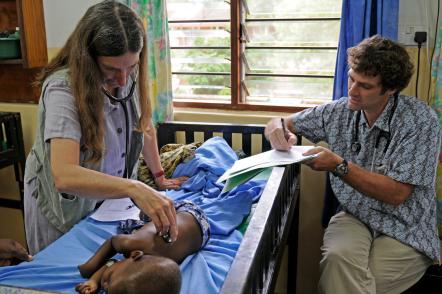 Fighting Malaria
Fighting MalariaMSU is one of ten International Centers for Excellence for Malaria Research located in areas where malaria is endemic all over the world. Within this center is the work of MSU’s Dr. Terrie Taylor, whose 28 years of research on the causes of mortality in children due to cerebral malaria will have a lasting impact on children suffering from malaria across the globe.
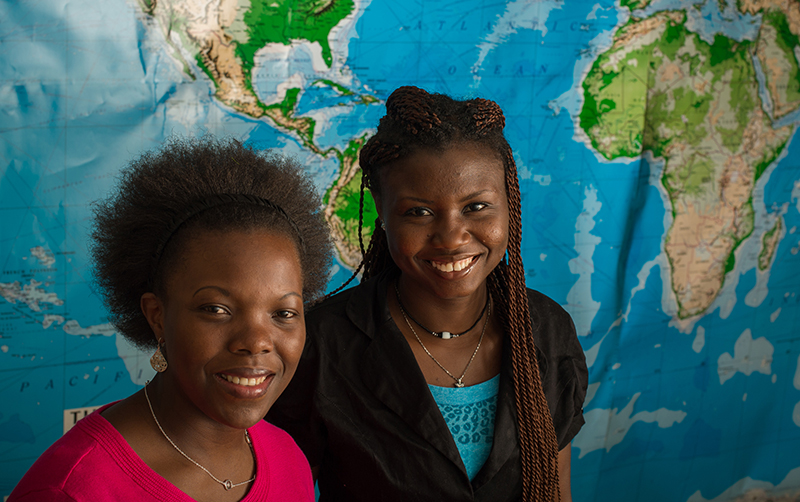 MasterCard Foundation Scholars Program
MasterCard Foundation Scholars ProgramMSU has partnered with the MasterCard Foundation to host 185 young African scholars over the next decade, providing academic training together with leadership development that prepares these promising students with relevant, global knowledge and skills to serve as change agents in Africa and leaders in their respective fields.
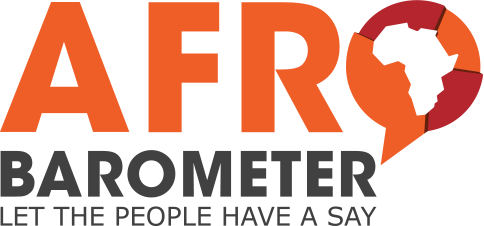 Afrobarometer
AfrobarometerMSU is a founding partner and support unit for Afrobarometer, the world's leading source of high-quality, reliable data on what Africa is thinking. Afrobarometer's public attitude surveys give ordinary Africans in 35 countries a voice in policy-making issues on democracy, governance, economic conditions, and related concerns. Beginning in 1999, this institution has now represented the views of three-fourths of the continent's population with more than 146 surveys with 255,000 face-to-face interviews.
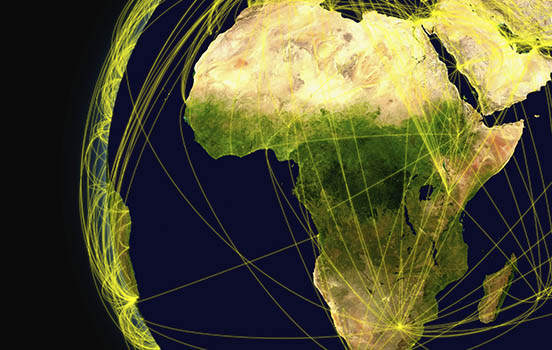 Africa Online Digital Library
Africa Online Digital LibraryMSU’s Center for Digital Humanities and Social Sciences works in collaboration with universities and cultural heritage organizations in Africa to produce the African Online Digital Library, which is a portal to the multimedia collections focusing on education about Africa in the United States and the digital preservation of African voices, documents, and archives. It also produces two regular multimedia presentations of research on Africa by scholars in the United States, including the “Africa Past and Present” podcast, and the weekly webcast seminar series “Eye on Africa.”
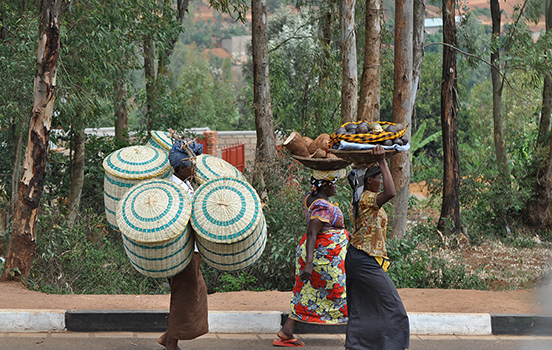 Women's Leadership Program in Agriculture
Women's Leadership Program in AgricultureMSU has partnered with the University of Rwanda and Washington State University to implement a USAID-funded Women’s Leadership Program designed to support women's access to higher education and advanced degrees, strengthen institutional capacity in research and education on women’s leadership, and promote women’s leadership through higher education extension and outreach efforts in underserved communities. In Rwanda, the program created a new gender-sensitive MSc program in agribusiness; conducted training for faculty members in pedagogy, experiential education, technology, and gender mainstreaming; and provided collaborative research opportunities on key agricultural challenges.
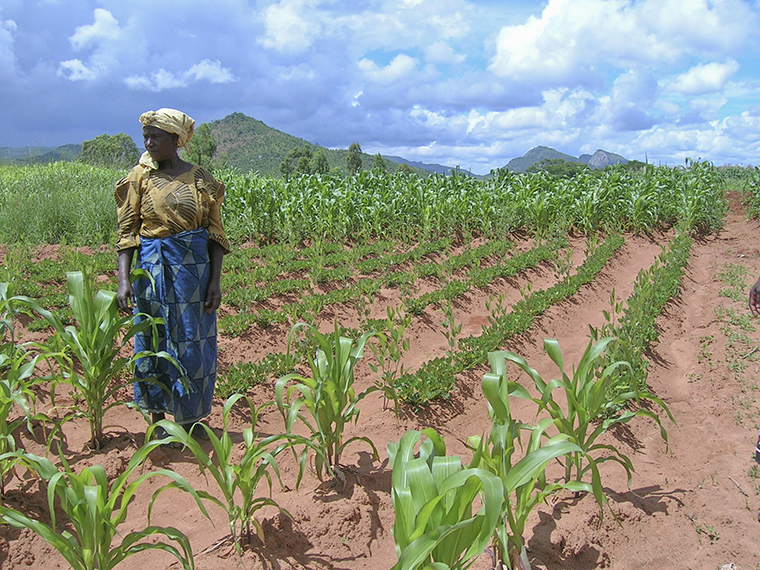 Food Security Group
Food Security GroupBuilding on the Agricultural, Food, and Resource Economics Department’s 50-year engagement in issues related to developing country food systems and food security, The Food Security Group includes over 20 faculty and their graduate students from AFRE and other departments. Working primarily in Africa and Southeast Asia, FSG emphasizes applied, collaborative policy research with local partners, human and institutional capacity building for such research, and active engagement in policy outreach and reform at national, regional, and global levels. The FSG portfolio currently consists of about 30 projects with a total award amount of over $90 million. The lead project is the USAID-funded Feed the Future Innovation Lab for Food Security Policy. FSG is currently active in nine countries, with long-term country offices in Malawi, Mali, Myanmar, Tanzania, and Zambia.